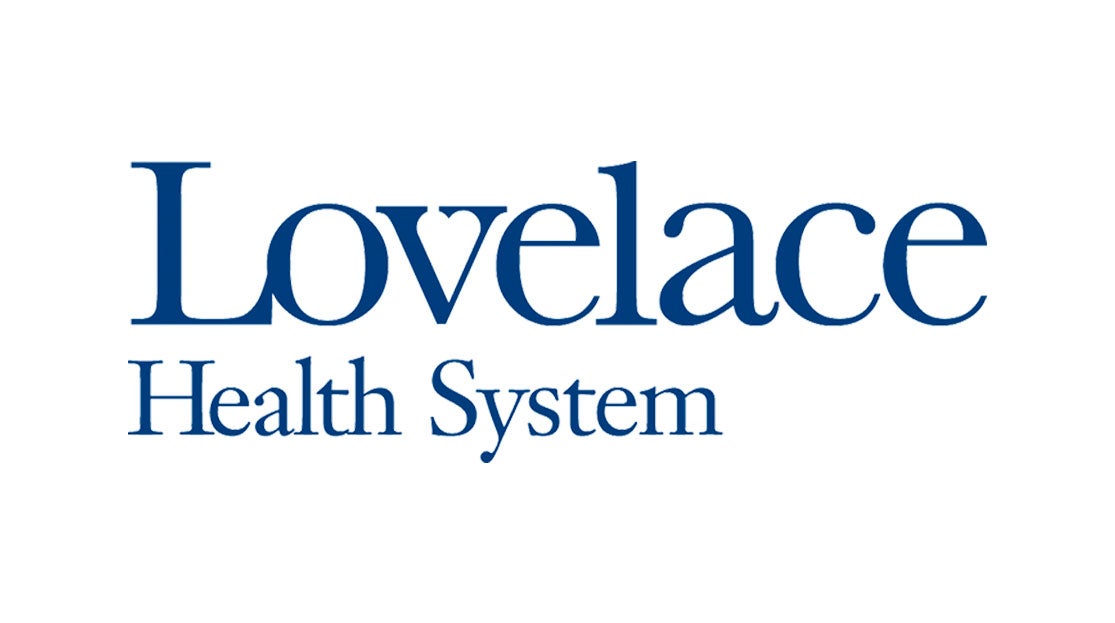
Lovelace Medical Group pediatrician Dr. Felipe Zanghellini answers parent’s common questions about immunizations today on our blog.
At what age do babies start getting immunizations?
Newborns can start getting immunizations at birth with the Hepatitis B vaccine. Diphtheria/Tetanus/Pertussis (together as one shot), Haemophilus influenza type B, Pneumococcal, Inactivated Poliovirus and Rotavirus are given at six weeks of age. Measles/Mumps/Rubella (together as one shot), Varicella (Chickenpox) and Hepatitis A are given to children at one year of age. The Tdap vaccination is recommended for children at seven years of age, to protect against tetanus, diphtheria and pertussis (whooping cough), which wears off from their first vaccination as they age. Human papillomavirus vaccine (HPV) is recommended at nine years of age, to ensure they receive all three doses by the age of 12.
What should parents do before and after immunization appointments to prepare the child?
Parents can give the infant, child or adolescent a dose of an analgesic or antipyretic, like Acetaminophen (Tylenol) or Motrin (Ibuprofen in children over six months of age). It is also helpful to talk to them, when possible, about why immunizations are given, their importance and the diseases that they prevent. Parents should use their best judgment on age-appropriate conversations.
How do you address concerns parents may have of recent media reports regarding immunizations?
I always address any concerns or questions that parents have regarding immunizations and I provide them with written information or online resources to research more information, if needed. It is right for parents to ask all the questions they have about vaccines, before immunizing their children, so they are informed about their decision.
Why is it important to make sure children receive all their immunizations through the age of 18?
The diseases, which can be prevented by vaccines, can be very serious, devastating or lethal for infants, children and adolescents. Immunizations are one of medicine’s successes in keeping people healthy and free of these illnesses. As a pediatrician, I believe the adage “an ounce of prevention is worth a pound of treatment”.
What are your thoughts on the Human Papilloma Virus (HPV) vaccine?
I believe the HPV vaccine is a safe vaccine. I have given this vaccine for the last five years to female adolescents and the last three years to male adolescents, without major side effects. It protects you against two types of the virus, which are the main cause of cervical cancer, and two types which cause genital warts. Both diseases are worth preventing and this is a vaccine that I recommend to every adolescent before they start having sexual activity. The Centers for Disease Control and Prevention (CDC) recommends females receive all three doses of the HPV vaccine at the age of 11 or 12 and that all females 13 to 26 years old get the HPV vaccine if they did not receive any doses when they were younger. For males, the CDC recommends all 11 and 12 year olds receive Gardisil, as well as males 13 to 21 years old, who did not received any or all three of the HPV doses.




